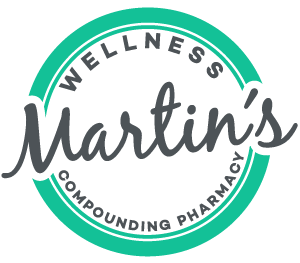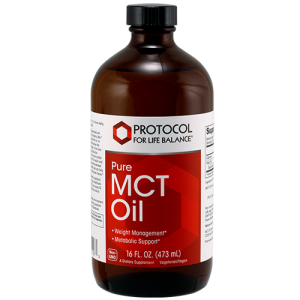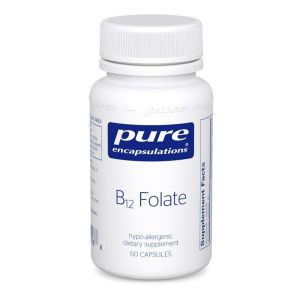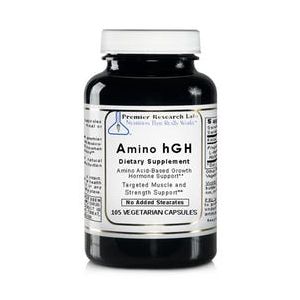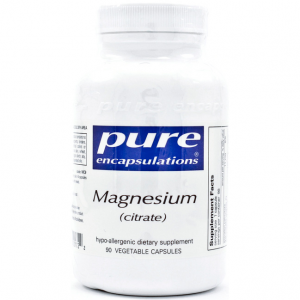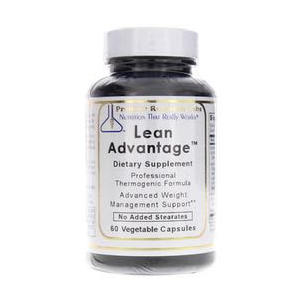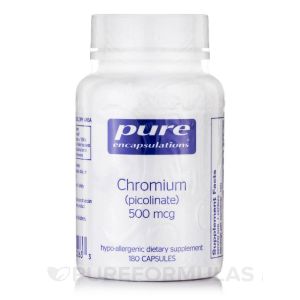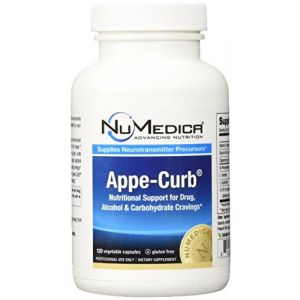Statins: Dispelling Myths and Understanding Their Role in Cholesterol Treatment
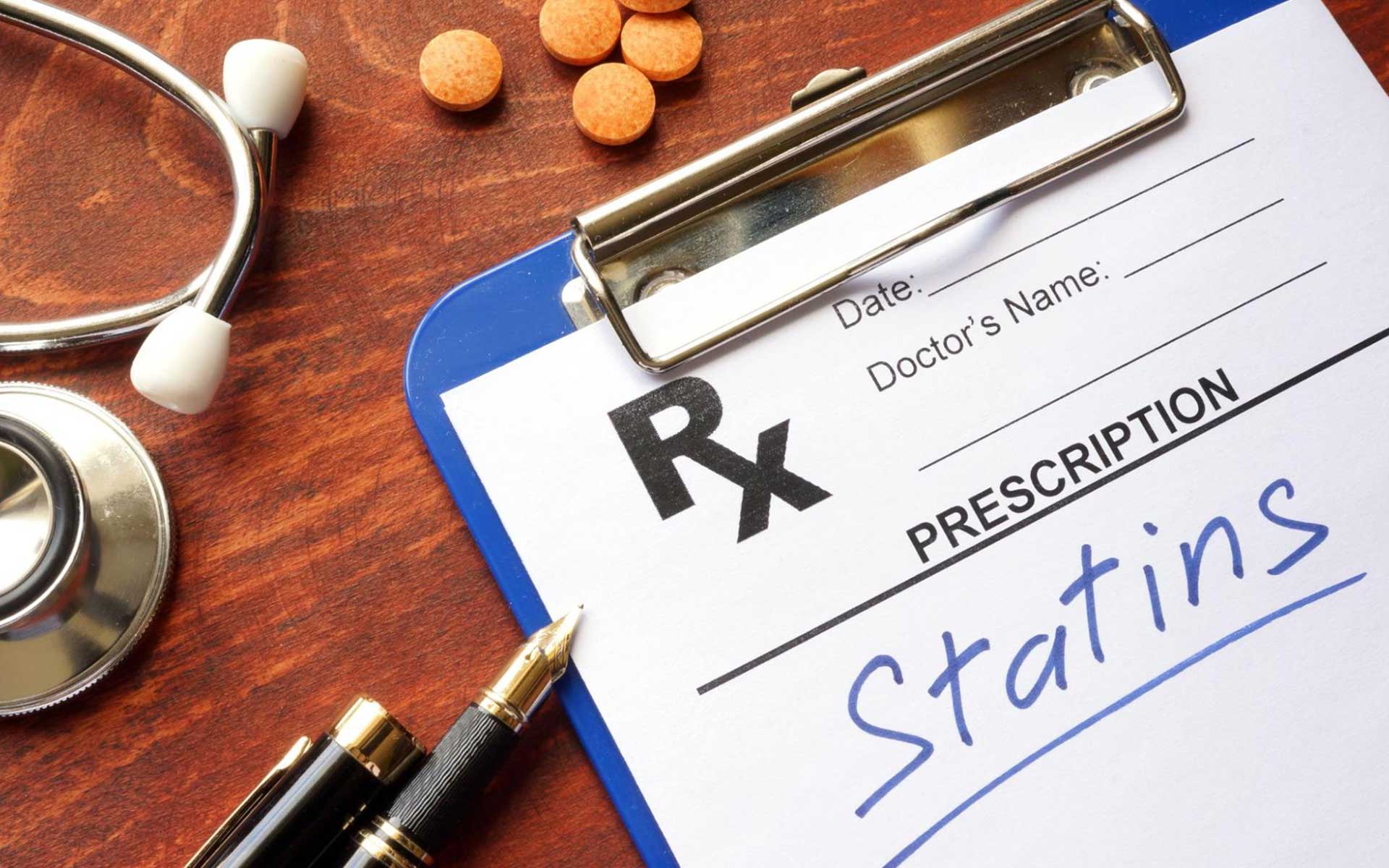
Despite its notorious reputation, cholesterol is essential for the body's proper functioning. It is a type of lipid (fat) that plays a crucial role in building cell membranes, producing hormones, and forming bile acids that aid digestion. There are two main types of cholesterol: low-density lipoprotein (LDL) cholesterol and high-density lipoprotein (HDL) cholesterol.
As you may have guessed, bad cholesterol is the nemesis, as it can cause serious health problems when levels get too high in the body. Too much LDL can lead to a hardening and narrowing of the arteries (a.k.a. atherosclerosis) and cardiovascular disease, including coronary heart disease, angina, heart attacks, and strokes. However, there are ways to lower LDL levels, including statins, a group of medications that can help reduce blood cholesterol levels.
Between 2017 and 2020, 10% of adults aged 20 or older had total cholesterol levels above 240 mg/dL, which is considered high1. Furthermore, slightly more than half of U.S. adults (54.5%, or 47 million people) who could benefit from cholesterol medicine currently take it. Therefore, today’s post covers everything you need to know about statins and their role in cholesterol treatment, including the following key topics.
- • What Are Statins and How Do They Work?
- • Debunking Common Myths About Statins
- • Understanding Statin Side Effects and Intensity
- • Exploring Alternatives to Statins
- • The Dangers of Stopping Statins Suddenly
What Are Statins and How Do They Work?
Excessive cholesterol in the bloodstream can lead to plaque accumulation on artery walls, often resulting in artery narrowing or hardening that can trigger sudden blood clots, potentially causing heart attacks or strokes. At this point, many medical professionals turn to statins. What are statins used for? This group of medications can help lower blood cholesterol levels, so they are often prescribed to people with and at high risk of cardiovascular disease.
Understanding Statins: An Overview of Their Role in Lowering Cholesterol
How do statins work? These medications inhibit an enzyme that plays a crucial role in the liver's production of cholesterol called HMG-CoA reductase. Basically, this enzyme is responsible for the initial step in the cholesterol synthesis pathway. Therefore, by blocking it, statins can reduce the liver's ability to produce cholesterol.
Benefits of Statins: How They Help Improve Cholesterol Levels
When the liver senses this drop in production, it increases the LDL receptor count on its surface, which aids in removing LDL cholesterol from the bloodstream - leading to increased uptake and breakdown of LDL cholesterol by the liver, resulting in lower LDL cholesterol levels in the blood. This entire process is how statins for cholesterol reduction are so effective.
Additionally, statins can have other beneficial effects, such as reducing inflammation and improving the stability of plaques in the arteries, contributing to the overall reduction of cardiovascular risk associated with high cholesterol levels.
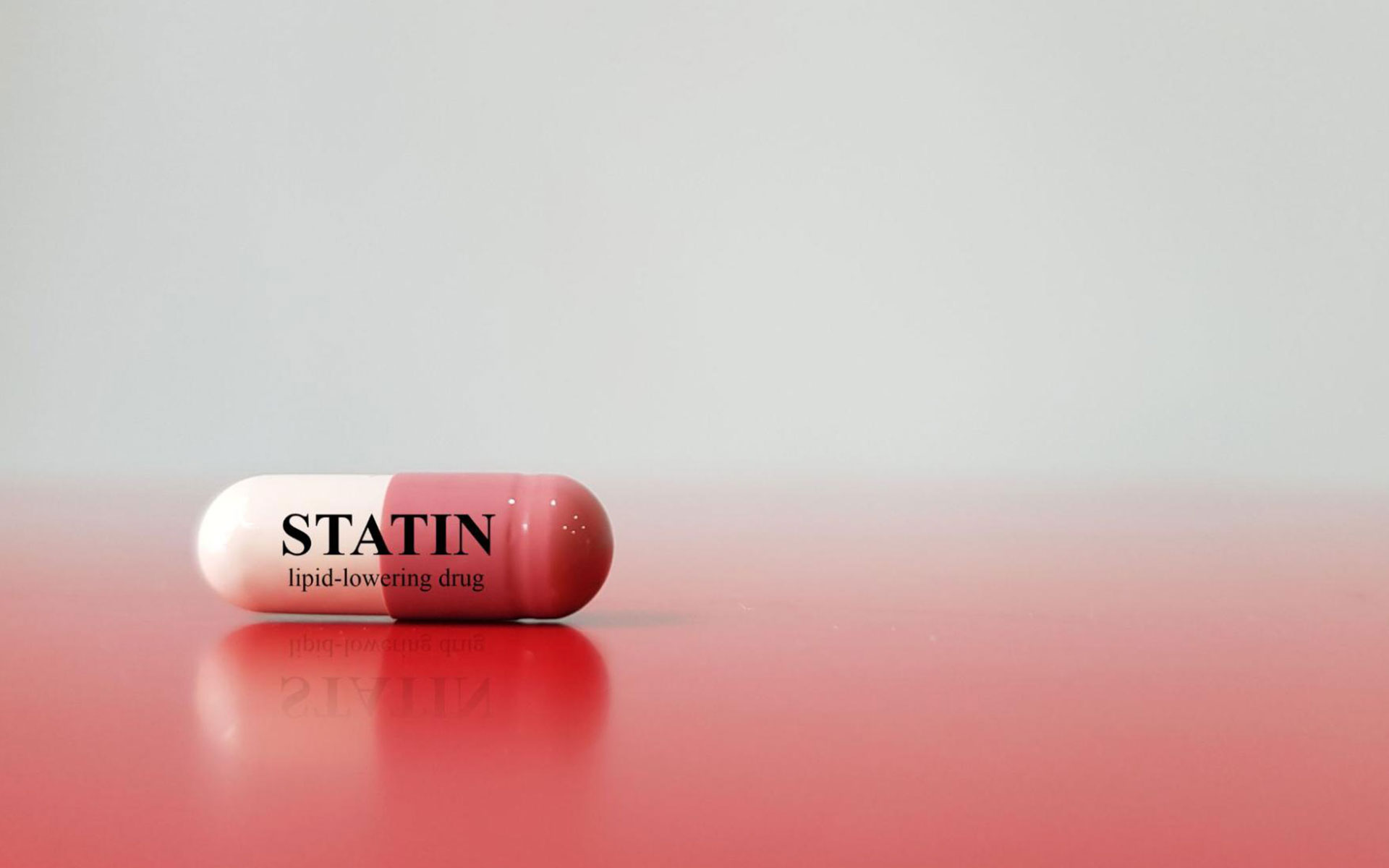

Debunking Common Myths About Statins
Both benefits and risks are associated with medication use, and statins are no exception to this rule. However, given their prevalence, misinformation about potential risks often clouds statin's benefits. Therefore, let’s explore some common myths surrounding these medications and separate facts from fiction.
Are Statins Bad for You? Separating Fact from Fiction
The facts are that statins are highly effective at reducing LDL cholesterol levels, which can lower the risk of cardiovascular events like heart attacks and strokes. They have been extensively studied and are considered safe for most individuals.
However, some individuals might experience minor side effects, such as muscular aches and pain, digestive issues, or pins-and-needles sensation. In these cases, doctors can recommend a different statin. More serious side effects have occurred, including liver failure or skeletal muscle damage, but they are very rare. It’s always recommended to notify your doctor immediately if experiencing any unexplained joint or muscle pain, tenderness, or weakness while taking statins.
Some medications may cause an interaction when taken with statins. For this reason, it’s important to tell your healthcare professional what else you’re taking, including other prescription drugs, medicines you buy without a prescription, vitamins, herbs, supplements, and recreational drugs.
Overall, for most people at high risk of cardiovascular disease, the benefits of statins in reducing that risk outweigh the potential risk of side effects which, again, are typically minor.
Do Statins Cause Weight Gain? Examining the Evidence
Weight gain is not a typical side effect of statin medications. However, some individuals might experience a small amount of weight gain due to factors indirectly related to statin use.
For instance, statins might lead to changes in appetite or metabolism in some people. Those who start taking statins might make lifestyle changes, such as dietary adjustments, that could affect their weight.
If you are concerned about weight gain while taking statins, discussing this with your healthcare provider is best. They can help determine whether any weight changes are related to the medication or other factors and provide guidance on managing your overall health.
Do Statins Increase the Risk of Diabetes? The Truth Unveiled
Do statins cause diabetes? The scientific community has studied this question, and here is what we know. Elevated blood sugar, known as hyperglycemia, is a potential side effect of statins. A 2019 review2 found a slight increase in the incidence of newly diagnosed type 2 diabetes among those using this medication - and the risk was most notable among individuals with prediabetes, where each year of statin use raises the risk of type 2 diabetes by 0.2%.
However, for individuals with normal baseline blood glucose levels, the likelihood of statins causing diabetes is very low. Generally, the advantages of using statins for preventing heart-related events outweigh the potential risk of developing diabetes.
Exploring the Link Between Statins and Blood Pressure Reduction
Do statins lower blood pressure? While the primary purpose of statins is to lower cholesterol levels, some studies suggest that they also lead to a modest decrease in blood pressure.3 This effect is believed to be attributed to various factors collectively contributing to a potential lowering of blood pressure, such as improved endothelial function, reduced inflammation, and enhanced plaque stability in arteries.
However, statins' slight blood pressure-lowering effect is generally less substantial than that achieved with dedicated antihypertensive medications. So, while statins can positively impact blood pressure, their primary role remains centered around cholesterol management and cardiovascular risk reduction.
Statins and Triglycerides: Unraveling the Connection
Triglycerides are a type of fat in your blood that your body uses for energy. Do statins lower triglycerides? Although better known for their efficacy in reducing LDL cholesterol levels, statins can also influence (lower) triglyceride levels, albeit to a lesser extent - especially for those with already high triglyceride levels.
Although the reasons for this aren’t exactly clear, it’s thought that the anti-inflammatory properties of statins and their impact on various metabolic pathways contribute to the triglyceride-lowering effect. However, while statins play a role in managing triglycerides, dedicated treatments for high levels of triglycerides, such as fibrates, might be more effective for substantial triglyceride reduction.


Understanding Statin Side Effects and Intensity
Statin medications can cause various side effects, although not everyone experiences them. Common side effects include mild muscle pain or weakness, digestive issues such as nausea, constipation, diarrhea, and mild elevation of liver enzymes. These side effects are generally temporary and subside as the body adjusts to the medication.
A serious yet rare side effect is severe muscle damage, which produces muscle pain and weakness. However, if experienced, this side effect can be reversed when treatment is stopped, allowing most people who develop it to recover rapidly.
Managing Statin Side Effects: Tips for a Smooth Experience
It’s always best to consult your healthcare provider for guidance on managing statin medication side effects. They may recommend some of these changes, which have helped many find relief.
- • Taking a brief break from statins to determine if they are responsible for muscle aches or other side effects. This hiatus can help isolate the cause and inform your next steps.
- • Exploring different statin drugs or doses.
- • Making gradual exercise changes and skipping intense workouts until you're acclimated.
- • Discussing statin alternatives with your doctor.
- • Taking Coenzyme Q10 Supplements can mitigate specific side effects associated with statin use.
Also, drinking grapefruit juice can alter the concentration of statins in the bloodstream, increasing the risk of side effects, especially with simvastatin. In general, your doctor will likely recommend limiting your intake of grapefruit juice to minimal quantities or avoiding it altogether while taking statin medications.
Understanding Statin Intensity Chart: A Guide to Dosage Levels
There are eight different cholesterol-lowering statins available, each available in different dosages. Generally, the higher the dosage, the more they lower your LDL cholesterol. However, certain statins (particularly rosuvastatin) exhibit superior LDL cholesterol-lowering effects compared to others. Therefore, experts developed a statin intensity chart to categorize the medications by low, moderate, or high intensity depending on their LDL-lowering abilities.
- • Low-Intensity Statins: These statins have a milder effect on LDL cholesterol reduction and are prescribed for individuals with a lower risk of cardiovascular disease or those who cannot tolerate higher doses due to side effects. Examples of low-intensity statins include simvastatin 10 mg and pravastatin 10-20 mg.
- • Moderate-Intensity Statins: This category includes statins with a moderate impact on lowering LDL cholesterol levels and is commonly prescribed for individuals with moderate cardiovascular risk. Moderate-intensity statins often provide a good balance between cholesterol reduction and potential side effects. Examples include atorvastatin 10-20 mg and rosuvastatin 5-10 mg.
High-Intensity Statins: These are the most potent in lowering LDL cholesterol levels, and they are usually recommended for individuals at a higher risk of cardiovascular disease or requiring more aggressive cholesterol management. High-intensity statins offer substantial LDL reduction but might also carry a slightly higher risk of side effects. Examples of high-intensity statins include atorvastatin 40-80 mg and rosuvastatin 20-40 mg.


Exploring Alternatives to Statins
Exploring stain alternatives involves considering various options to manage cholesterol levels and reduce cardiovascular risk. Your healthcare provider can cover all available options, from changing lifestyle factors to improving overall health to discussing alternatives to statin medications.
Considering Alternatives: Lifestyle Changes for Cholesterol Management
For individuals experiencing side effects or unsuitable for statins, alternative approaches include lifestyle modifications like adopting a heart-healthy diet, increasing physical activity, and losing weight.
Other lifestyle changes your healthcare provider may recommend are:
- • Quit smoking
- • Limit alcohol
- • Reduce sugar intake
- • Increase fiber Intake
- • Incorporate Omega-3 Fatty Acids
- • Practice stress reduction techniques (meditation, yoga, deep breathing, or mindfulness)
- • Get regular check-ups
Assessing Non-Statin Medications for Cholesterol Control
For those that prefer alternate treatments, there are options available to discuss with your healthcare provider. For example, they may prescribe alternative therapies, like selective cholesterol absorption inhibitors, resins, fibrates, or niacin.
For individuals who experience intolerable statin side effects or need additional cholesterol control support, non-statin medications, such as ezetimibe and PCSK9 inhibitors, are available. Ezetimibe limits cholesterol absorption in the intestines, and PCSK9 inhibitors target a protein involved in cholesterol regulation.
For any of these alternatives, it's crucial to consult a healthcare provider to determine the most suitable non-statin medication based on individual health needs, potential drug or supplement interactions, and overall treatment goals.
Can You Stop Taking Statins If Your Cholesterol is Normal?
Deciding whether to stop taking statins when your cholesterol levels are normal should be done in consultation with your healthcare provider. It’s natural to assume that if your cholesterol goes down, you don't need a statin anymore. However, if your cholesterol levels are lower primarily due to taking the medication, you'll likely need to stay on it long-term to keep the levels within a healthy range. Even if you make significant changes to your diet or lose weight, it’s still important to talk to your doctor about whether it might be possible to control your cholesterol without medication.
Knowing When and How to Taper Off Statin Medication
Tapering off statin medications should be done with the guidance of your healthcare professional, who will consider your overall health, cholesterol levels, and cardiovascular risk factors to determine if tapering off statins is appropriate.
For example, tapering might be appropriate if you've made substantial lifestyle changes, such as adopting a heart-healthy diet, regular exercise, and weight management, that contribute to maintaining healthy cholesterol levels. However, healthcare professionals will also evaluate other cardiovascular risk factors like family history, blood pressure, diabetes, and age. Even with normal cholesterol, these factors could influence the decision.
If tapering is an option, a gradual reduction in dosage is usually recommended in conjunction with regularly monitoring how your body responds, including regular check-ups and cholesterol tests to ensure that your cholesterol levels remain within a healthy range after tapering.
The Dangers of Stopping Statins Suddenly
You should never stop taking statins suddenly - there are risks and side effects, which are discussed below. Always communicate with your healthcare provider before making any decisions about stopping or changing medication.
Side Effects of Abruptly Discontinuing Statin Medication
There are side effects of stopping statins suddenly, including a rapid increase in LDL cholesterol levels, which will reverse the progress made in managing cholesterol and increase the risk of cardiovascular events like heart attacks and strokes. Also, if you have underlying health conditions like diabetes or a history of heart-related events, stopping statins abruptly might worsen these conditions. Furthermore, if the body adapted to statins, sudden cessation could lead to physiological adjustments that could have unintended effects or withdrawal symptoms.
A significant portion of the U.S. population has high cholesterol levels, a major risk factor for cardiovascular diseases such as heart attacks and strokes. Statins offer a valuable and effective means of managing cholesterol levels and promoting cardiovascular health by inhibiting cholesterol production, reducing LDL (bad) cholesterol, and providing additional benefits such as anti-inflammatory effects and plaque stabilization. Extensive research has concluded that statins are generally safe and effective for cholesterol treatment.
Overall, lifestyle changes are vital for reducing your risk of heart disease, whether you take a statin or not. Lifestyle habits to consider for reducing your risk include quitting smoking and eating a healthy diet rich in vegetables, fruits, fish, and whole grains - and low in saturated fat, trans fat, refined carbohydrates, and salt. It’s also important to get regular physical activity and maintain a healthy weight.
If losing unwanted pounds is a priority, Martin’s Wellness has a variety of high-quality supplements available to help you with weight loss - in addition to plenty of other supplemental products that can help boost nutritional deficiencies due to age or lifestyle factors to help maintain and boost overall health.
